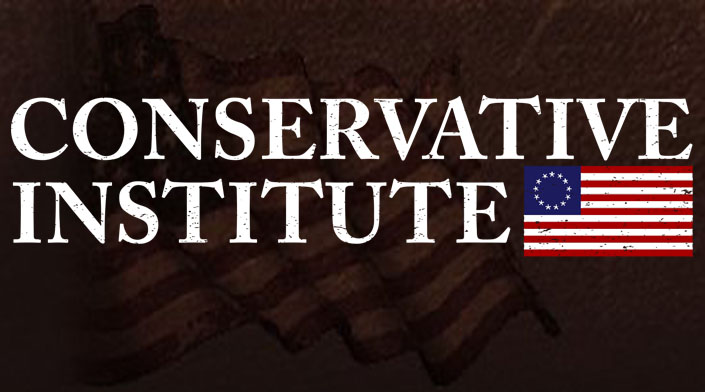GOP senators reject Trump plan for $2K 'tariff dividend' checks for Americans
President Donald Trump, in recent weeks, has begun to more seriously discuss the idea he first floated over the summer of using tariff revenues to fund $2,000 "dividend" checks to low- and middle-income Americans, perhaps by mid-summer next year.
Such a move would almost certainly require legislative approval from Congress, however, and unfortunately for Trump, several Republican lawmakers have made it clear that they do not support such a plan, according to the Daily Caller.
Meanwhile, many economists have also shot down the idea, as they believe the costs incurred to send out those checks to roughly 150 million Americans could surpass the actual tariff revenue amount, as well as that the subsequent consumer spending of those windfall funds could cause another inflationary surge in prices for goods and services.
Trump touts tariff check concept
During the U.S.-Saudi Arabia Investment Forum on Wednesday, according to Axios, President Trump mentioned his idea for tariff "dividend" checks during a speech he delivered.
"We're going to be doing a dividend to the people -- low and middle income, moderate income people -- of at least $2,000," the president said.
That followed commentary on the same subject on Monday at the White House, Newsweek reported, wherein Trump suggested, "We're going to be issuing dividends later on, somewhere prior to, you know, probably the middle of next year, a little bit later than that. Thousands of dollars for individuals of moderate income, middle income."
Yet, Trump's executive branch can't authorize tariff dividend checks on its own, as Treasury Secretary Scott Bessent acknowledged last week during an interview on Fox News, when he replied to questions about the idea by saying, "We will see, we need legislation for that."
Several Republican senators a "No"
Getting Congress to pass legislation authorizing tariff dividend checks may be easier said than done, though, as hostile Democrats are highly unlikely to support anything that might benefit President Trump politically, and several Republican lawmakers have indicated that they're also unwilling to back the president's plan, per the Daily Caller.
Sen. Ted Budd (R-NC), who noted that interest payments on the national debt costs taxpayers more annually than the national defense budget, told the outlet, "My encouragement would be, let’s reduce the deficit," and added, "That’s ultimately what’s going to rob people of future opportunity, is the interest on the debt. So, let’s work on getting the deficit eliminated and debt reduced."
Sen. Tommy Tuberville (R-AL) similarly stated, "My opinion is to pay down the debt because that’s causing us as much problem as anything else," and further observed, "That would help the economy. That would help lower prices. That would help ease tax burdens."
Senate Majority Leader John Thune (R-SD) likewise expressed his preference for tariff revenues to be used to pay down the roughly $37 trillion national debt, while Sen. Rand Paul (R-KY) pointed to the nearly $2 trillion annual deficit and bluntly said, "We don’t have any money to give out."
Not everyone on Capitol Hill is opposed, though, as Sen. Josh Hawley (R-MO) filed legislation over the summer that, if passed into law, would authorize "tariff rebate" checks of at least $600 per American adult and their dependent children, and he said at that time, "Americans deserve a tax rebate after four years of Biden policies that have devastated families’ savings and livelihoods. Like President Trump proposed, my legislation would allow hard-working Americans to benefit from the wealth that Trump’s tariffs are returning to this country."
Trump's plan could cost around $300B
President Trump and his people will have their work cut out for them to convince Congress to approve his tariff dividend plan, especially while their arguments in favor of it are countered by economists like Erika York of the Tax Foundation, who crunched the numbers and determined that the costs of Trump's idea could exceed the amount of tariff revenue received, per Axios.
York pointed out that even if the checks were limited to Americans earning less than $100,000 annually, the $2,000 checks would flow to around 150 million Americans and total roughly $300 billion.
That could be a problem, as Newsweek noted that, according to the Treasury Department, tariff revenues for the 2025 Fiscal year totaled approximately $195 billion, which by itself would obviously prove insufficient to cover the costs of the dividend checks -- though it is admittedly unknown how much additional revenue will be brought in by tariffs throughout 2026.

